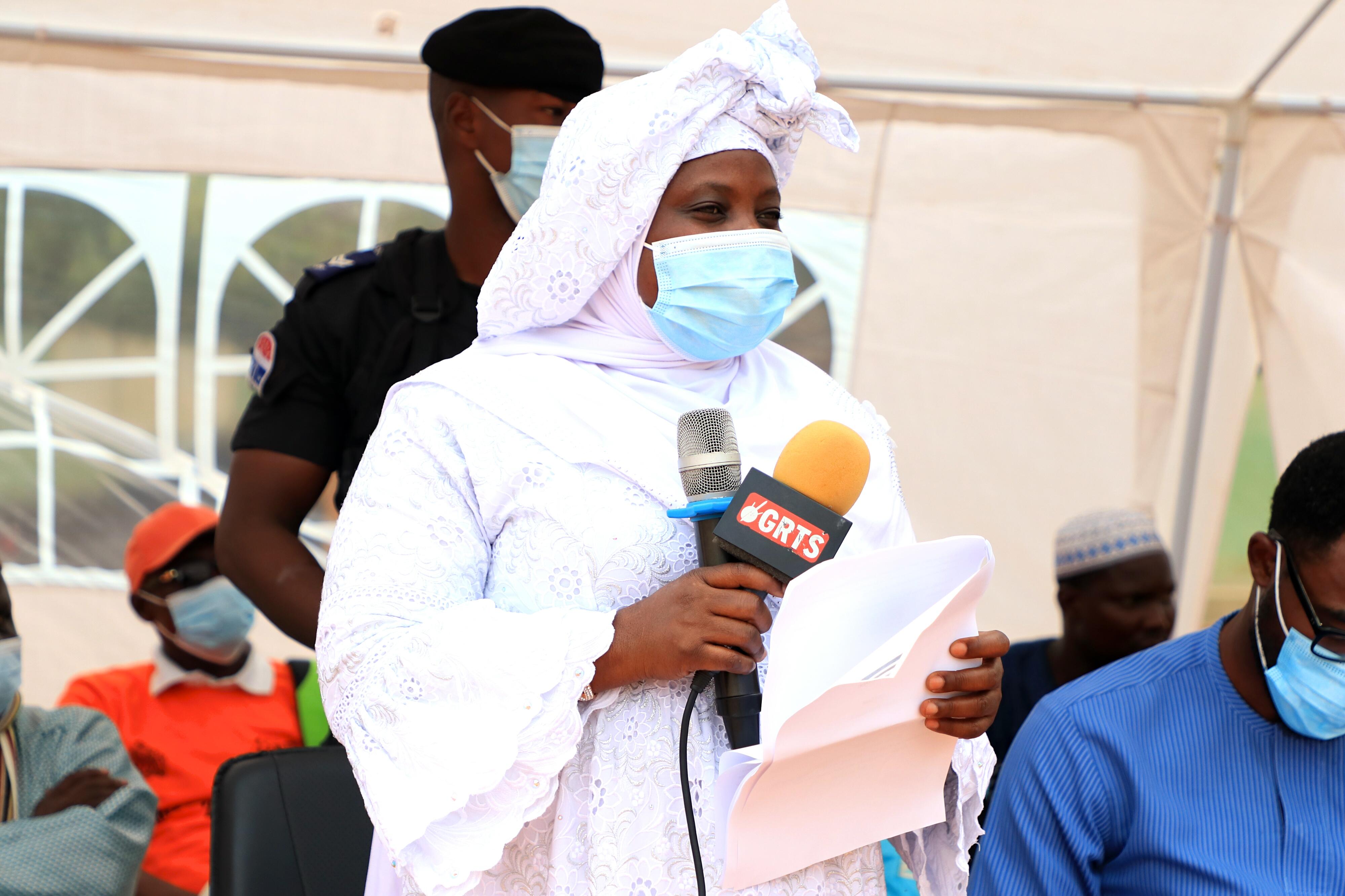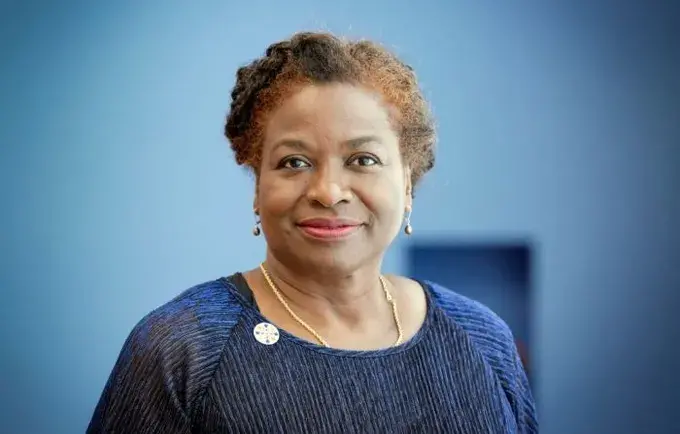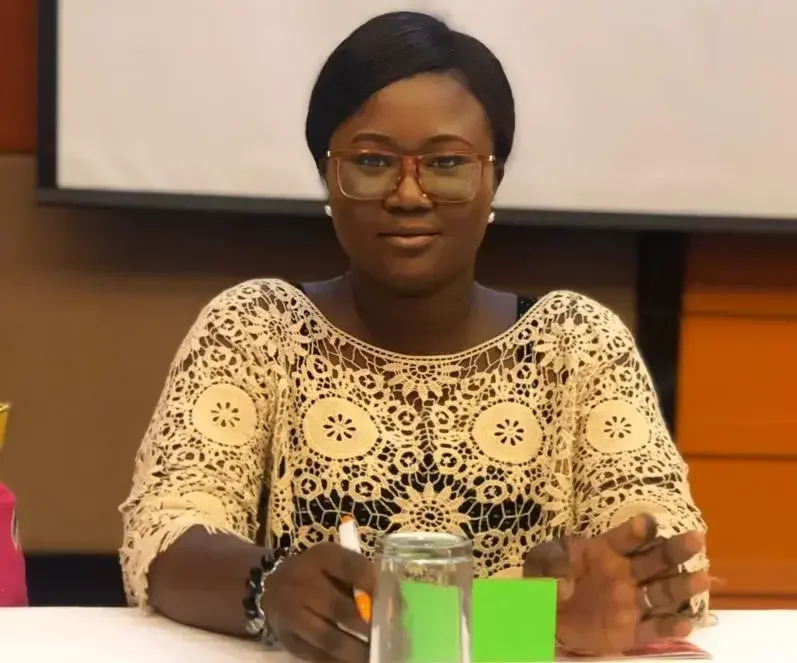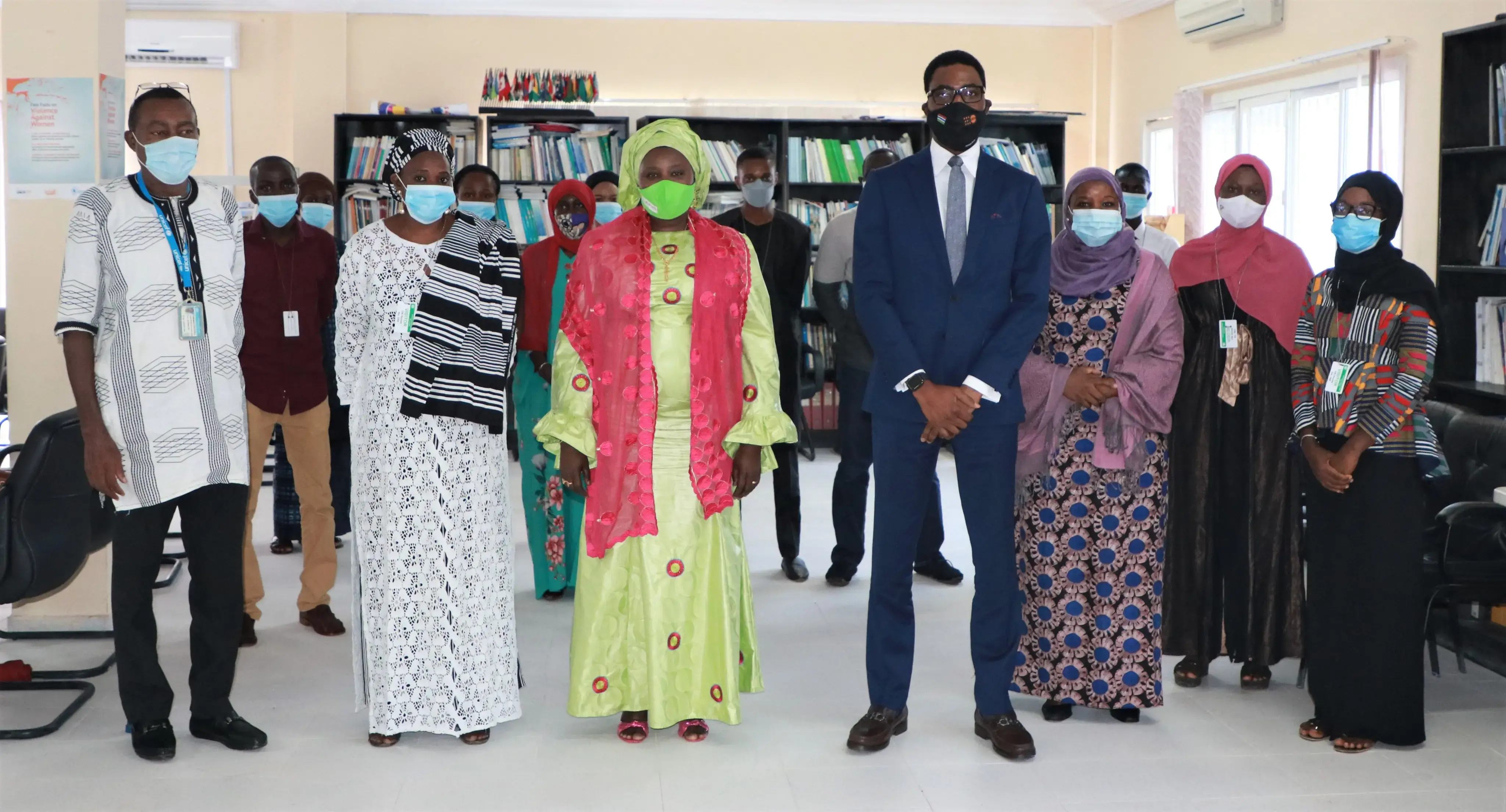The COVID-19 pandemic has affected health systems all over the world, negatively impacted lives and livelihoods and brought about a new normal. For many, this new normal means limited access to essential sexual and reproductive health services due to a diversion of attention and concentration of investments towards curbing the spread of the virus.
On the occasion of World Population Day commemorated on 11 July each year, UNFPA Executive Director Dr. Natalia Kanem has expressed the need to refrain from alarmist policy responses which take away from the existing efforts and investments to ensure the sexual and reproductive health and rights of all.
The theme for this year’s celebration is “Rights and choices are the answer: whether baby boom or bust, the solution to shifting fertility rates lies in prioritising all people's reproductive health and rights." At a time when the world has battled a global pandemic for over a year, the impact of this pandemic has been visible in the daily lives of people across societies. Amid this reality, what is evident is that women and girls have been at the receiving end of the bigger brunt of the pandemic.
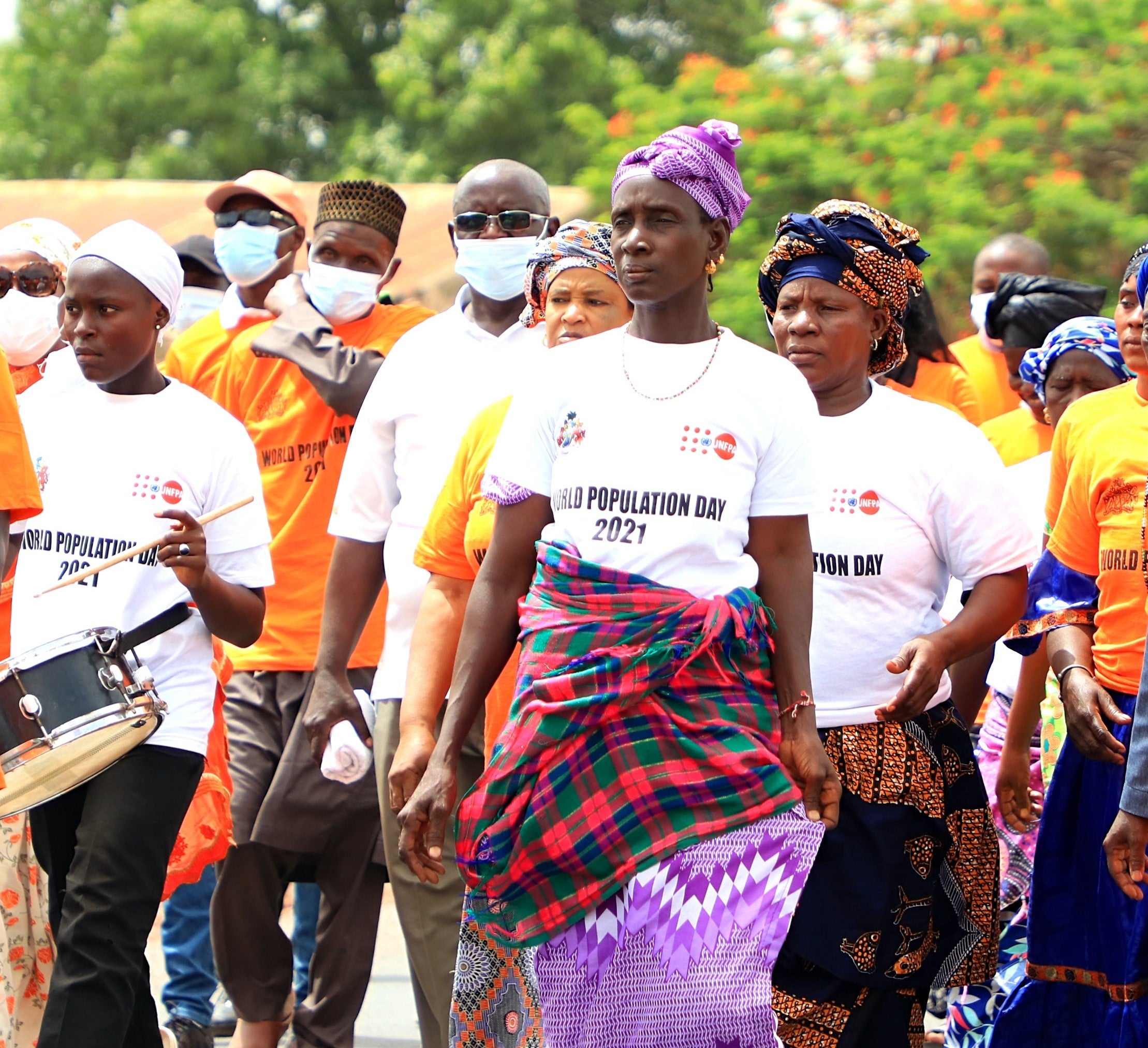
Their access to essential services and information have been hampered due to limited resources, COVID-19 misinformation, and struggling health systems. However, pregnancies, childbirth and other reproductive health activities do not stop during emergencies and as such need to be prioritized in order to ensure health and dignity for all, no matter what.
To mark this year’s World Population Day, UNFPA in partnership with the Government of The Gambia and its implementing partners organised a regional celebration in Soma, Lower River Region (LRR) of The Gambia bringing together women from various districts in the region, community leaders, students and men, among others. The celebration was graced by the Honourable Governor of LRR, Madame Rohey John Manjang, UNFPA Representative Mr. Kunle Adeniyi, the Executive Director of the National Population Commission Secretariat, District Chiefs and other dignitaries.
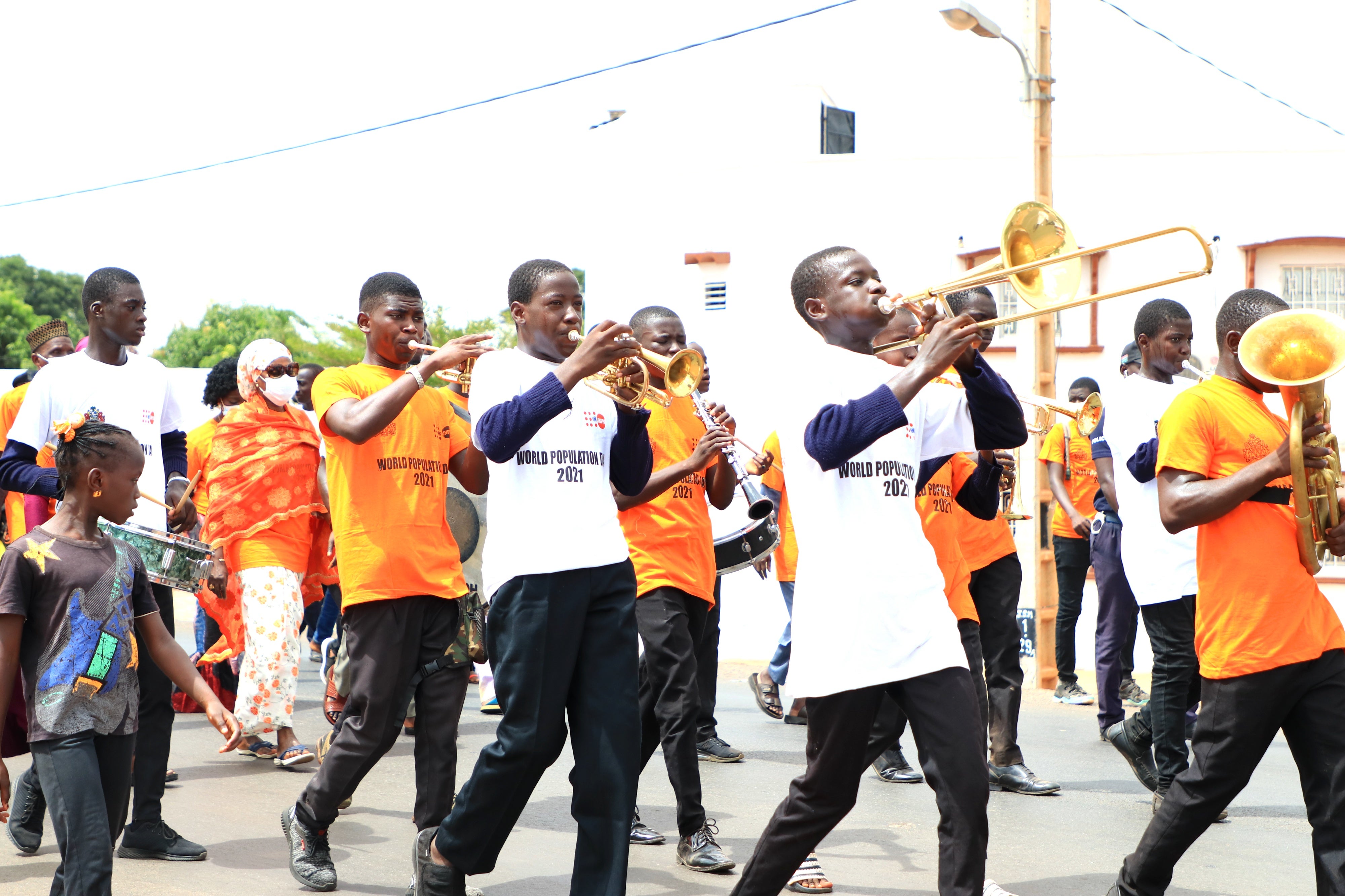
Speaking at the celebration, the Hon. Governor highlighted that the COVID-19 pandemic has had severe implications on family health and wellbeing in various communities. She noted that a healthy family and healthy communities can only be realised when women are healthy, empowered and participating in socio-economic development. This has been hampered by the pandemic and the time is now to recommit to building back better and ensure that women’s reproductive rights and needs are given the attention they require as development priorities.
Calling on traditional, religious and community leaders to involve in efforts to ensure rights and choices for all, UNFPA The Gambia Representative Mr. Kunle Adeniyi, highlighted that community & institutional structures contribute towards preventing women from accessing sexual and reproductive health services. This he said can be addressed if we mobilise attention and solidarity to ensure that we achieve: zero unmet need for family planning; zero preventable maternal death and zero gender based violence. These three zeros he said, are the answer to realising sustainable development that leaves no one behind and will centre women’s issues in development agendas.
The development of our communities rides on the back of our women. – Kunle Adeniyi, UNFPA The Gambia Representative
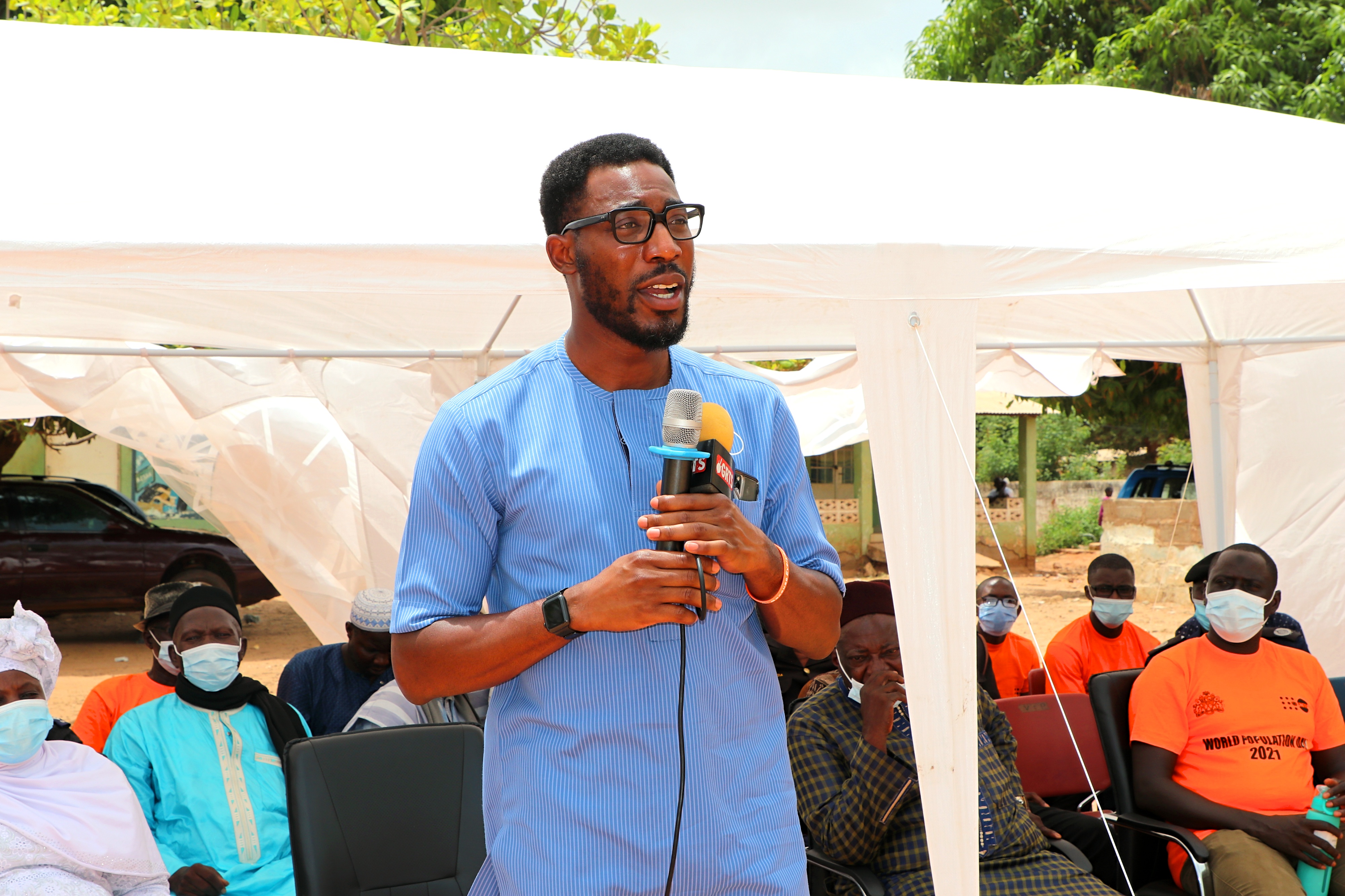
As part of the celebration, traditional communicators locally known as the ‘kanyeleng’ were engaged to raise awareness on women’s reproductive health and rights. Students also participated in the commemoration through a quiz competition to enhance their understanding of reproductive health and rights and why they are fundamental human rights issues which must not be overlooked in community and national development endeavours.

